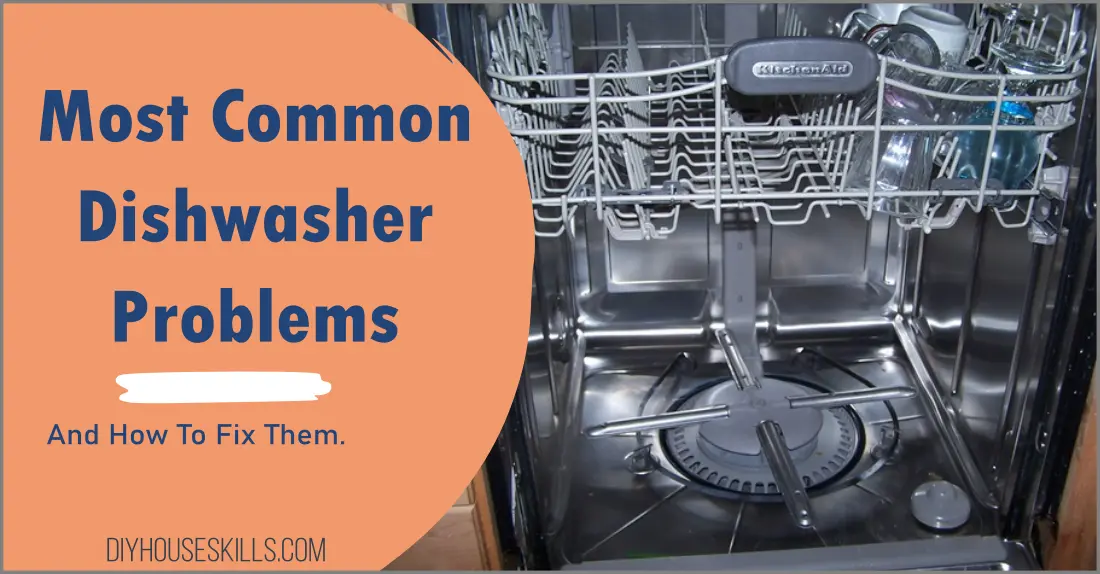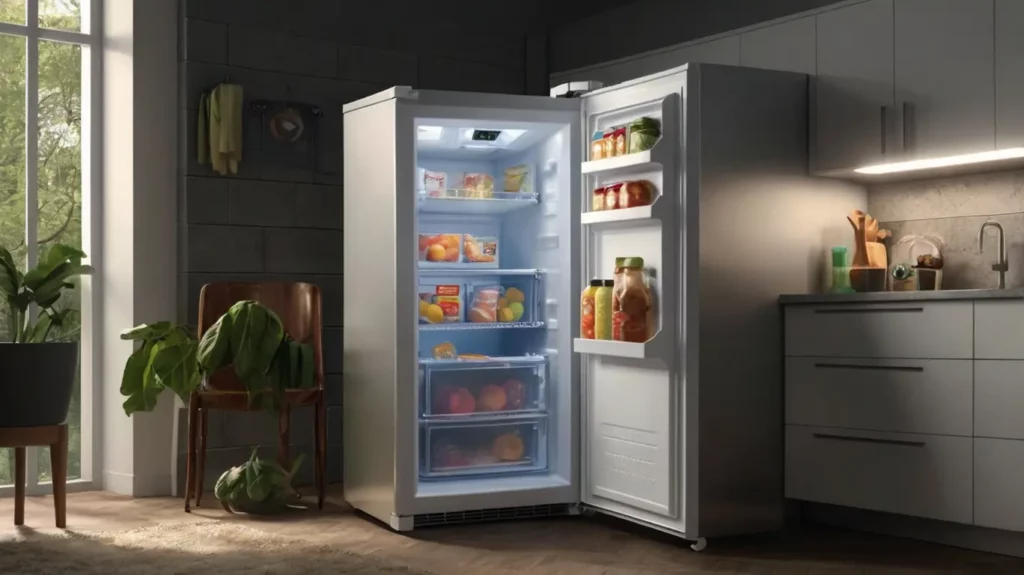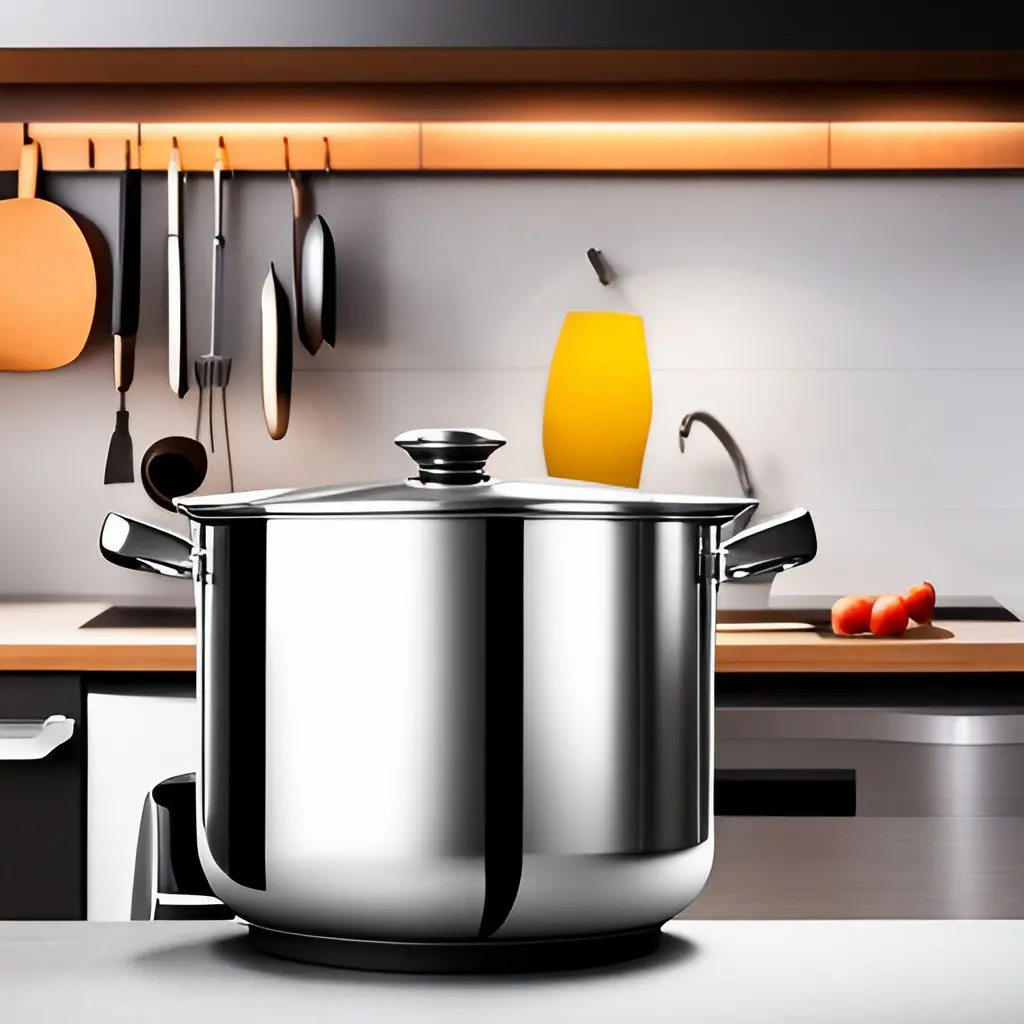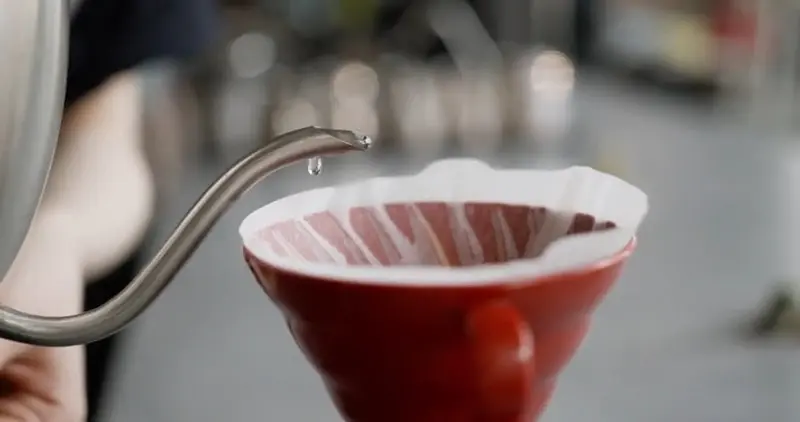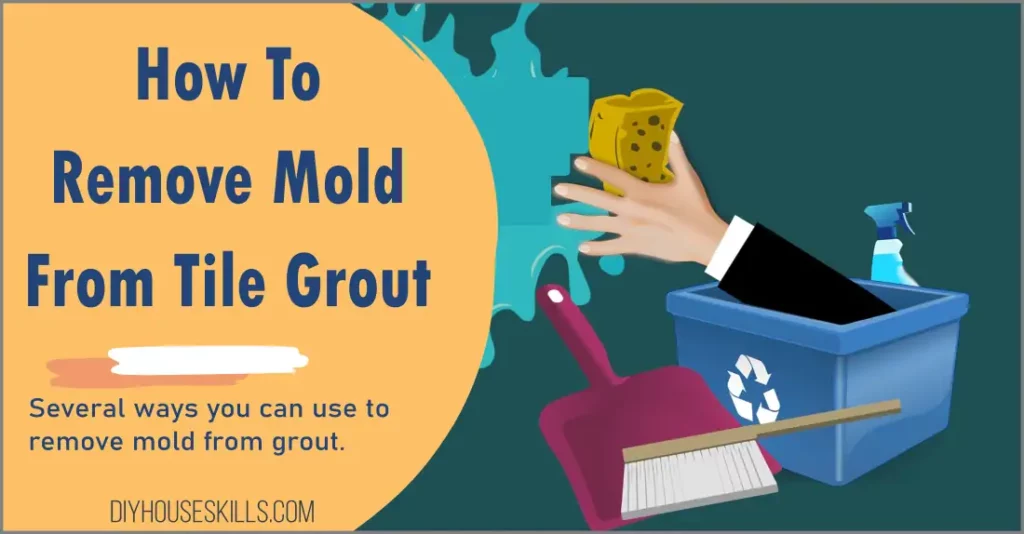- Learn about the most common dishwasher problems and how to fix them.
- Discover what can cause a dishwasher to break, how to diagnose and troubleshoot problems, and find solutions for common repairs.
- See even more How-To and Maintenance guides.
Dishwashers are complex machines, and like any other appliance, they can experience a range of issues. From leaks to noisy operation, dishwasher problems can be a real hassle. Thankfully, many of these issues are relatively easy to fix. In this article, we’ll take a look at some of the most common dishwasher problems and how to solve them.
What Are The Most Common Dishwasher Problems?
1. Your Dishwasher Doesn’t Clean Dishes
If your dishwasher is not working properly, you may have the problem of dishes that are not being cleaned. This can be a result of food debris or other items in the way which keep water from reaching the dishes. In this case, you may need to clean out any debris and ensure that there is nothing obstructing water flow.
If your dishes are not getting cleaned, then you may need to clean the spray arm. This is located at the bottom of your dishwasher and can be cleaned with a paper towel or sponge.
If your dishes are not coming out as clean as you’d like, there are several things you can try.
- First, make sure that you’re using the proper detergent and rinse aid. If you’re using an automated dishwashing detergent dispenser, make sure that it’s not clogged.
- You should also check the spray arm for blockages and clean it if necessary.
- If your dishwasher has a filter, make sure that it’s clean and free of debris.
2. Your Dishwasher Doesn’t Fill With Water
The water inlet valve, which is the part that should be making sure your dishwasher fills with water properly, can stop working or get clogged. When this happens it will either not fill with water at all, or it will fill but not drain the dirty water.
The inlet valve is usually located on the outside lower front of the dishwasher. Inspect the hose and the valve for any signs of damage or clogging. If there is anything blocking the valve, you will need to remove it and clean the area.
3. Your Dishwasher Makes Noise
Dishwasher noise is another common issue. Most dishwashers produce some level of noise during operation, but if the noise is excessive, it can be very annoying.
- Check internal components such as the spray arms and make sure they are not bent or damaged.
- Another possible cause of the noise is worn-out bearings in the pump assembly.
- Check for loose silverware that may have fallen into the bottom of the dishwasher and is now banging around during operation.
4. Your Dishwasher Won’t Start
If your dishwasher doesn’t seem to be running at all,
- First, check that it’s plugged in and that there’s power to the outlet if it is plugged into one.
- Most dishwashers are controlled through a switch located by the counter. Make sure the switch did not get turned off.
- Check the circuit breaker as well to ensure that the dishwasher is receiving power.
- Finally, check the door switch/latch to make sure it’s working properly. It needs to be fully seated to allow the dishwasher to start.
5. Your Dishwasher Is Leaking Water On The Floor
One of the most common dishwasher problems is water leakage.
- If your dishwasher is leaking water, the first thing you should do is check the door seal and gasket for cracks or damage. If the seal is damaged, it will need to be replaced.
- Another common cause of leaks is a cracked or damaged pump or hose.
- Also, a faulty float switch can cause your dishwasher to leak. The float switch is located inside the dishwasher and is responsible for shutting off the water flow when the desired level is reached. If the float switch is not working properly, it will allow water to continue flowing, which can cause a leak.
Dishwashers rely on a complex system of pumps and valves to circulate water throughout the cycle. If one of these components is not working properly, it can cause the dishwasher to leak.
To diagnose a leaking dishwasher, start by checking all of the hoses for leaks. Most hoses are connected with compression fittings that can loosen over time, so be sure to tighten them if they seem loose.
If there are no leaks in the hoses, check for leaks in the pump by removing the access panel and inspecting for any signs of water damage.
6. Your Dishwasher Leaving Water In The Bottom Of The Tub
If your dishwasher does not seem to be draining, then you may need to clean out the filter. This is located at the bottom of your dishwasher and can be cleaned with a sponge or paper towel.
Also, make sure that there isn’t anything blocking the drain. If the drain is clear but the dishwasher still isn’t draining properly, the problem may be with the pump assembly.
Run a manual drain cycle on your dishwasher to force it to drain any remaining water. This will vary depending on your model, but often you will press two buttons at the same time to initiate a drain cycle.
7. Your Dishwasher Leaving Spots or Streaks on Dishes
If your dishes are coming out with spots or streaks, there are several things you can try.
- The first would be to look at your level of rinse aid in the reservoir. Rinse aid is designed to reduce streaks and watermarks on dishes.
- Next, check your drying settings, if your dishwasher is not drying properly, it could be causing spots and streaks.
- Make sure that you’re using the proper detergent, and check what’s recommended for your model.
- Check the dishwashing detergent dispenser and make sure that it’s able to open and is not blocked by dishes or anything inside the dishwasher. The dispenser is usually spring loaded, so also ensure the spring is still functioning.
ALSO READ: Easy Dishwasher Cleaning: How to Remove Odors, Bacteria
How To Prevent Your Dishwasher From Breaking Down?
Follow some preventive tips to keep your dishwasher in top shape and reduce the need for repairs.
1. Use The Right Dishwashing Detergent
Not all dishwashing detergents are created equal. In fact, some can be quite harsh and damage your dishwasher over time. That’s why it’s important to use a Dishwashing Detergent that is designed for your specific model of dishwasher.
2. Don’t Overload The Dishwasher
It may be tempting to try and fit as many dishes into the dishwasher as possible, but this can actually cause damage to the racks and spray arms. Overloading the dishwasher can also lead to poor cleaning performance.
3. Clean The Filters Regularly
The filters in your dishwasher play an important role in its performance. They help to trap food particles and keep them from recirculating around the tub. Over time, the filters can become clogged with debris, which can lead to poor dishwashing performance.
4. Run The Dishwasher Regularly
If you only use your dishwasher once in a while, it’s important to run it on a regular basis to keep the seals and gaskets lubricated. This will help to prevent leaks and other problems.
5. Inspect The Hoses Regularly
The hoses in your dishwasher are subject to a lot of wear and tear. Over time, they can develop cracks and leaks. Inspect the hoses regularly for signs of wear and replace them if necessary.
By following these simple tips, you can help to keep your dishwasher running smoothly for years to come.
What Should I Do If My Dishwasher Does Break Down?
If your dishwasher does break down, there are a few things you can do to troubleshoot the problem.
1. Check The Manual
The first thing you should do is consult your dishwasher’s manual. It will have a troubleshooting section that can help you to identify the problem.
2. Use A Multimeter
If you know how to use a multimeter, there are many components in your dishwasher that you can test for continuity. This can help you to narrow down the problem and make repairs easier. Such components are the door switch and float switch talked about above.
3. Call A Repairman
If you’re not comfortable troubleshooting the problem yourself, it’s best to call a repairman. They will be able to diagnose the problem and make the necessary repairs.

I’m J.S., I created and am the content manager at DIYHouseSkills.com. I do the research and write the articles that appear on this website. I’ve learned many household skills during my life and think it’s important to at least know the basics so that you can save yourself time and money… READ FULL BIO >
- DIY Secrets: Finding and Using the Bosch Ice Maker Reset ButtonHow do I find and use the Bosch ice maker reset button? The Bosch ice maker reset button is typically located at the front or side of the ice maker unit. To reset your Bosch ice maker, press and hold the reset button for about 10 seconds until you hear a beep. This action will reset the system and should help resolve minor issues such as… Read more: DIY Secrets: Finding and Using the Bosch Ice Maker Reset Button
- Chest Freezer vs. Upright Freezer: Which Should You Buy?Choosing the right freezer for your home can significantly impact your food storage capabilities and energy bills. This comparison will help you decide between a chest freezer and an upright freezer based on various crucial factors. Immediate Answer When deciding between a chest freezer and an upright freezer, consider the following key factors to determine which type best suits your needs: Chest Freezers are ideal for… Read more: Chest Freezer vs. Upright Freezer: Which Should You Buy?
- Say Goodbye to Stubborn Stains on Stainless Steel PotsImmediate Answer Effectively cleaning stainless steel pots involves a few straightforward steps. First, rinse the pot with warm water to remove any loose debris. Next, scrub with soapy water using a non-abrasive sponge. For tough stains, use a paste of baking soda and water or apply vinegar directly. Rinse thoroughly and dry completely to prevent water spots. To maintain their shine, avoid using abrasive cleaners or… Read more: Say Goodbye to Stubborn Stains on Stainless Steel Pots
- Transform Your Morning Brew: Expert Tips for Better CoffeeFinding the perfect cup of coffee can transform your morning, setting a positive tone for the day ahead. Whether you’re a seasoned home barista or just starting your coffee journey, mastering a few essential techniques can elevate your brew from ordinary to extraordinary. Immediate Answer Follow-Up Questions Understanding Your Beans Types of Coffee Beans Understanding the different types of coffee beans is essential for any coffee… Read more: Transform Your Morning Brew: Expert Tips for Better Coffee
- Effortlessly Remove Mold From Tile Grout with These Easy StepsImmediate Answer To effectively remove mold from tile grout, you need to follow a systematic approach that ensures both the mold is eradicated and future growth is prevented. The process involves using appropriate cleaning agents such as baking soda, borax, hydrogen peroxide, or specialized mold remover solutions, along with scrubbing the affected areas and taking preventative measures to maintain a dry and well-ventilated environment. Follow-Up Questions… Read more: Effortlessly Remove Mold From Tile Grout with These Easy Steps
